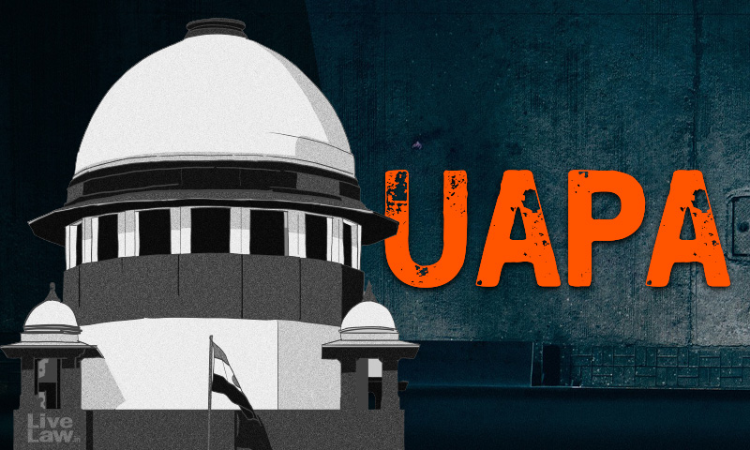Mere Membership Of Unlawful Organization Is UAPA Offence : Supreme Court Overrules 2011 Precedents
LIVELAW NEWS NETWORK
24 March 2023 10:58 AM IST

Next Story
24 March 2023 10:58 AM IST
In a significant verdict, the Supreme Court on Friday overruled its 2011 judgments in Arup Bhuyan vs State of Assam, Indra Das vs State of Assam and State of Kerala vs Raneef which held that mere membership of a banned association is not sufficient to constitute an offence under the Unlawful Activities (Prevention) Act 1967 or the Terrorism and Disruptive Activities (Prevention) Act, unless it...
